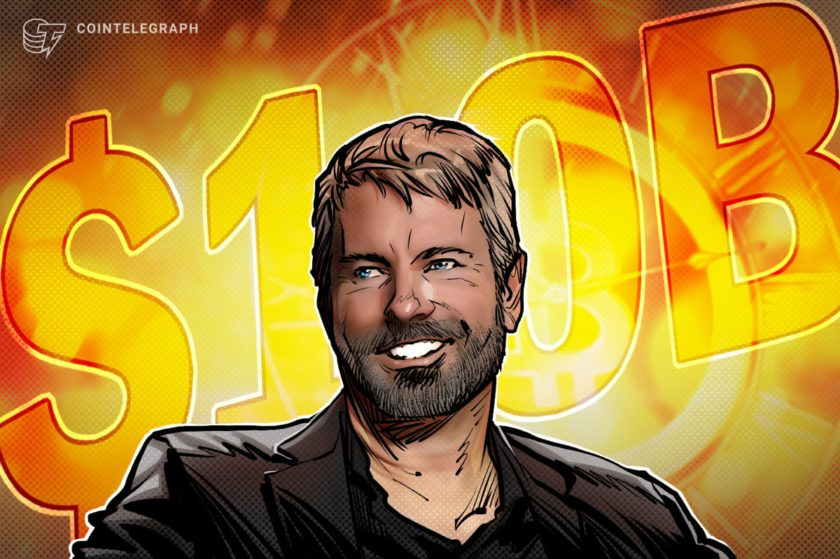Despite the significant yields available in DeFi, many institutional and mainstream retail investors are hesitant to enter, due to the risks factors associated with DeFi. Ether.Insure is here to change the situation.
On 23rd of November, Coinspeaker interviewed Allan Henderson, Co-Founder of Ether.Insure, on his views about where the entire DeFi space is headed.
With Bitcoin coming close to its previous all-time high, how has this impacted the DeFi space?
Positive price movements breed positive sentiment and consumer confidence. So overall its great for the entire space. Although the spotlight has for the time being shifts away from DeFi and back to Bitcoin and Ethereum. But having more fresh funds enter the general crypto market is positive for DeFi.
So Ether.Insure is insurance for DeFi, correct? Why did you decide to start Ether.Insure?
Simply put, yes – Ether.Insure is decentralized insurance for decentralized finance. Jeff (my cofounder) and I decided to start Ether.Insure as we felt that the market was missing true consumer confidence. Sure it had a lot of euphoria because this first wave of DeFi projects focused on high yields, but euphoria isn’t true consumer confidence.
Why is consumer confidence so important in DeFi?
For the space to truly explode, a wave of fresh funds would need to enter. Up to now most of the growth has been fueled by existing crypto asset holders dabbling in DeFi. Despite the significant yields available in DeFi, many institutional and mainstream retail investors are hesitant to enter, due to the risks factors associated with DeFi.
In traditional finance currently, over 5,000 insurance and reinsurance companies operate in Europe. A well established insurance industry provides economies with a reliable mechanism for pooling and transferring risk and in so doing enables greater levels of economic activity. This breeds consumer confidence and hence growth of the entire ecosystem.
So you believe that insurance is a key part of bringing consumer confidence to DeFi?
Yes! It’s a key element to work towards a more complete ecosystem.
There is currently around $15b total value locked (TVL) in DeFi, over 99% of that amount isn’t insured. So the industry is still infant and prone to catastrophic failure.
For example, recently a flaw in Pickle Finance saw $19.7 million in DAI drained from its pool. Thats a lot of consumers being crushed. Unfortunate events like these highlight the need to manage downside risk.
Insurance isn’t at all sexy, in fact, it’s rather boring but certainly needed for DeFi to sustain and grow.
Who are your competitors and how does Ether.Insure differentiate from them?
Some of the notable players include Nexus Mutual, Nsure and Tidal Finance. I really don’t see the others as competitors honestly. Because there is such a big underserved market, which needs different solutions and teams to service the market adequately.
It’s not always about being the most innovative and revolutionary thing to market. For us we want to take a more practical approach. Starting with something simple that already works then iterating from there.
Nexus has proven that Smart contract failure cover has a market, we will use this starting point and expand it to a larger audience by removing some of the onboarding barriers. Follow up with our single asset custom pools product, that would be able to provide coverage options for use cases like what happened to Pickle.
Perhaps another notable difference is we are choosing to focus on Ethereum based DeFi projects, others, we know, focus on cross-chain, etc. But as most of the market currently, is ETH based, we want to simplify and focus. Hence the name.
Don’t get me wrong, we have ambitious goals for sure, but its key to focus on the first steps and get traction.
For those who want to get in touch of keep up with your progress where should they go?
Sure, we would love to get more feedback and users. The best places are our website and Telegram channel.
Having obtained a diploma in Intercultural Communication, Julia continued her studies taking a Master’s degree in Economics and Management. Becoming captured by innovative technologies, Julia turned passionate about exploring emerging techs believing in their ability to transform all spheres of our life.




